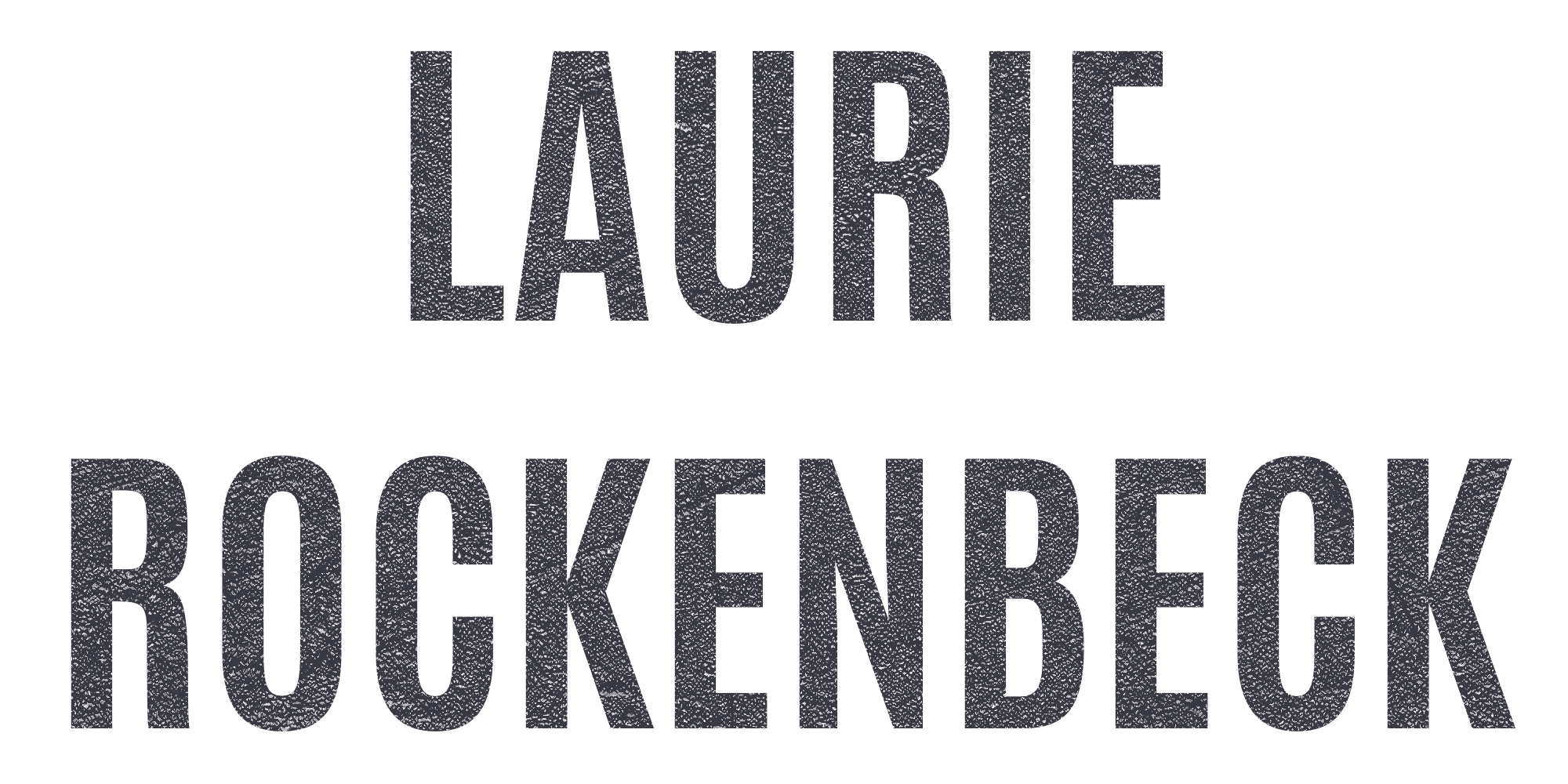Okay, go ahead and groan out loud. My mind is sort of mushy today due to the fact I spent most of it in a semi-comatose state with my arms wrapped around my sick son. There’s a lot of guilty pleasure in this. I mean, who really wants their child to be sick? Not me. But, the days are fast approaching when my nearly nine-year-old boy is going to get to that stage where cuddling with Mommy becomes more freaky than comforting. I hate that it will happen and accept it at the same time, so I snatch these moments of childhood when they are offered, even if I might catch his cold as a consequence. It gave my head much-needed space to think and just veg for a while.
After his latest nap, he felt pretty chipper so went outside with a big stick to wander around the property. I jumped onto the computer to check email, FB and my recent obsession,Twitter. (Anyone reading this blog can follow me @LRockenbeck) I’m finding this whole “#” interesting. You add the symbol followed by a word indicating an interest and, voila, you reach other people with the same interest. Sort of interesting for marketing purposes, and very helpful for networking. One of the various #writing tweets by Kristine Rusch caught my eye. From her blog:
Without writers, there are no publishing companies, no game companies, no comic book companies, no movie companies, no record labels. Without us, most of the entertainment industry will collapse. —Kristine Kathryn Rusch
That’s a whole lot of pressure on writers. It’s a whole lot of power, too.
Both of the recent writing conferences I attended were filled with discussions about the publishing industry. Sounds like an obvious sort of thing to talk about if you are a writer, but there has been significant change in the industry over the last couple of years. Publishers–and it doesn’t matter WHAT they publish–are scrambling to catch up to the world of electronic publishing. In the mainstream market, there is an added layer between the writer and the publisher–the agent. In the erotic market, there is almost no agent representation. Writers work directly with publishers. And, for the most part, the erotic market has moved almost whole-scale to the e-book market with “print on demand” and specialty bindings making up the print market. Books in leather-bound covers with art, beautifully made and worthy of holding onto or giving as gifts are seen as the future for print. The book that you usually buy, read in a day or two, and discard will be primarily found in electronic format.
With less reliance on dead-tree books (how’s that for a great positive e-book marketing term?) out there, the world of electronic books becomes infinite. There are no shelving space problems, and the publishers don’t hate you if your first, second, third or even fourth books don’t sell. In the traditional print world, publishers had to put enormous resources into printing costs, distribution and marketing. If your book didn’t sell, you became “un-publishable” and your career crashes to a nasty stop. Under this model, the power really is in the hands of the publisher. In the electronic market publishers take almost no risk at all.
Rusch’s blog about the need for writers to see their own power rings true. All too often, I hear writers talking about publishers and agents with some sense of fear–as if they are gods that we must bow down to or else lose the chance of people reading us. The agents, editors and publishers that I have met are nothing more than people hungry for good writing. The general sentiment that a writer needs to find an ‘agent’ and then everything will fall into place really is pretty much, as Rusch describes, like waiting for Prince Charming to sweep in and save the day.

Recent Comments